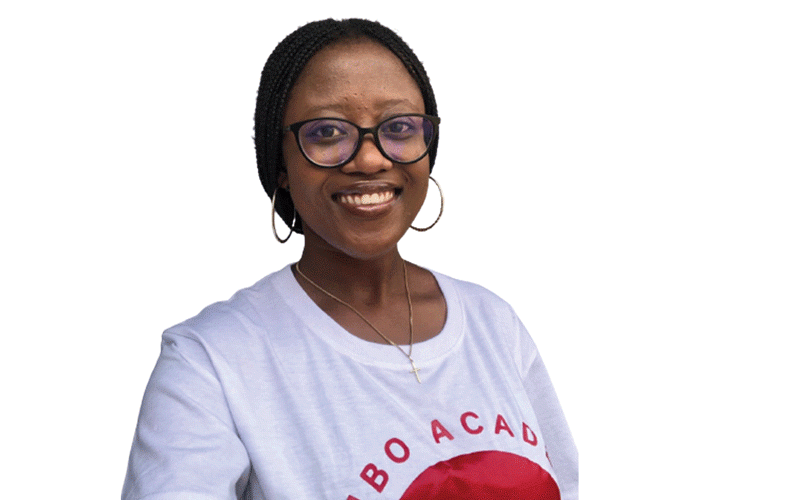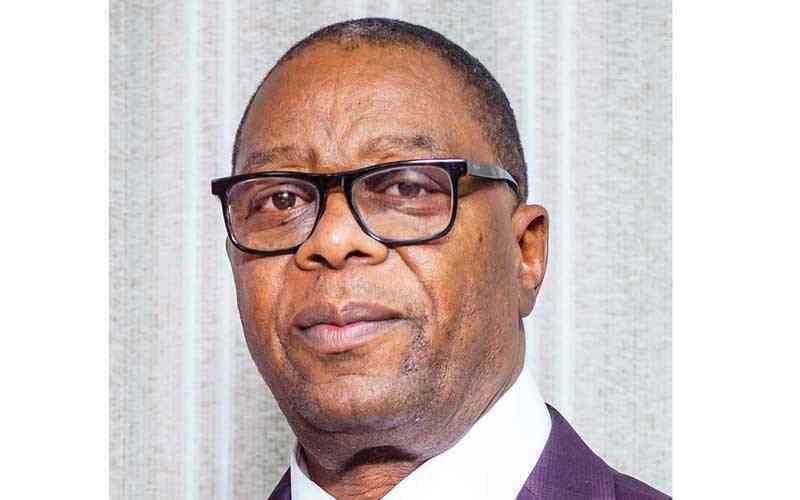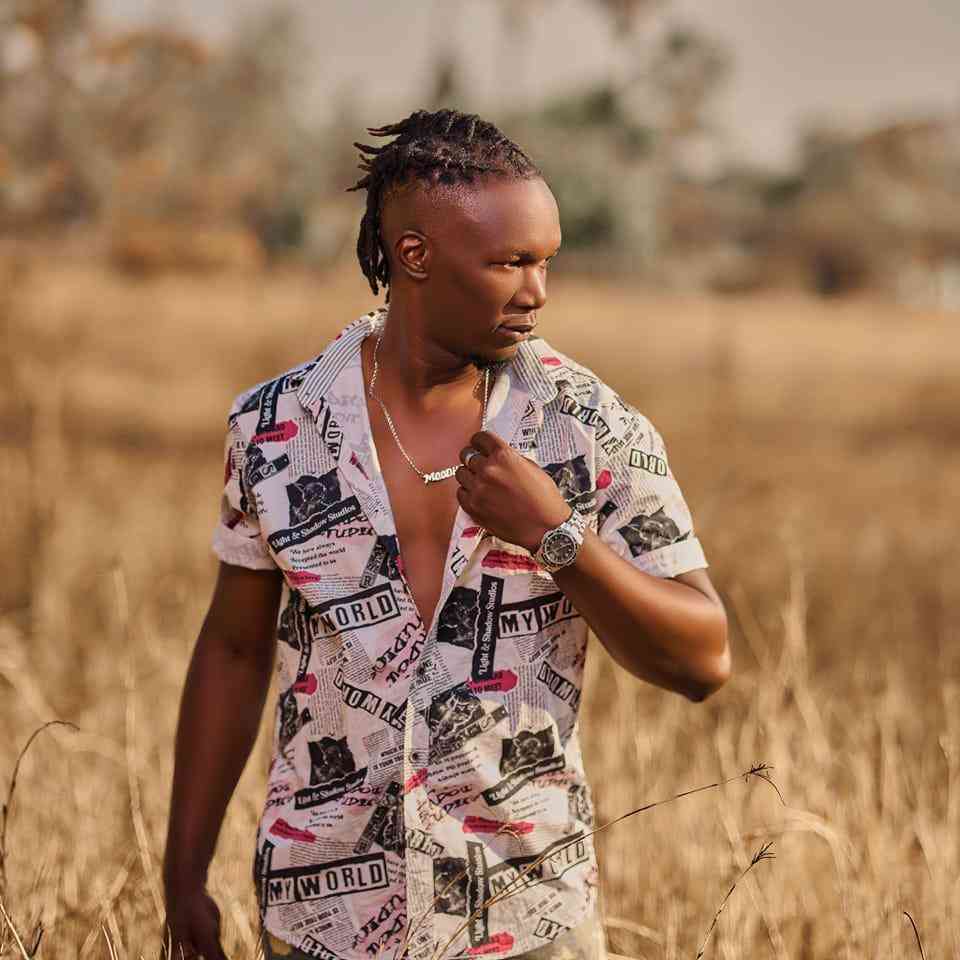
ZIMBABWE- owned start-up Vambo AI has emerged as one of the five finalists in the Aanit Prize competition which is awarded by the Mandela Rhodes Foundation based in Cape Town, South Africa.
Vambo AI– is a groundbreaking language-centric AI platform designed to empower Indigenous communities by providing access to the internet, education, and information in their native languages while preserving cultural heritage. The application software was developed by Vambo Technologies which is run by Zimbabwean born entrepreneur Chido Dzinotyiwei.
Chido Dzinotyiwei
The Aanit Prize is an esteemed award recognizing outstanding ventures that drive social impact through innovation and entrepreneurship.
The prize aims to celebrate and support initiatives that address critical global challenges and improve lives.
The Aanit prize awards up to USD$80 000 to one or five of its finalists.
Vambo AI stated that their latest accomplishment was “an endorsement and great recognition to their exceptional commitment to social impact and innovation.
The company is working on a large language model AI that understands indigenous languages so that people can benefit from AI without having to learn English.
- Building narratives: Akayi announces Entrepreneur of the Year in inaugural contest
- Vambo AI emerges finalist in US80K competition
Keep Reading
The platform is thus a web app that receives prompts in indigenous languages and gives results in the same language or in English. People can use it for research, translations, drafting documents, writing poems and more. One of the main reasons that the majority of the world’s population haven’t actively engaged with modern technology - not to mention the current AI wave - is because it hasn’t been developed to intentionally include them. What better tool to drive inclusion and get everyone using technology than one that focuses on their mother tongue?
Here is how Vambo AI Works
Key Use Cases in Multiple Languages:
- Online Education: Vambo AI enables students in Indigenous communities to access educational resources, tutorials, and language learning materials in languages like Afrikaans, ChiShona, IsiZulu, and Kiswahili. This fosters improved learning outcomes and educational equity.
- Healthcare Information: Indigenous healthcare workers can use Vambo AI to access medical information and resources, enabling more effective care delivery, especially in remote areas.
- Cultural Preservation: Users share stories, folklore, and traditions in their native languages, preserving cultural heritage for future generations.
- Community Empowerment: Local businesses within Indigenous communities leverage Vambo AI to access online markets and resources, boosting economic development.
- Empowering Women: Vambo AI facilitates access to resources, information, and employment opportunities, empowering women in Indigenous communities.
Vambo AI's social impact reaches far and wide, addressing digital exclusion and fostering inclusivity.
The platform's unique focus on Indigenous languages and cultures exemplifies its commitment to creating a more equitable digital landscape.
As a finalist for the Aanit Prize, Vambo AI is poised to further its mission of bridging the digital divide, enhancing cultural preservation, and empowering underserved communities.
Dzinotyiwei stated that Vambo Technologies latest accomplishment was their greatest honour to have the organisation recognized for its dedication to creating positive social change through innovative technology.
The Vambo AI platform has currently been developed for four African languages - Afrikaans, Chi Shona, IsiZulu and Kiswahili.
With additional resources the team look to add more languages on the platform and improve its accuracy and language comprehension.
About The Mandela Rhodes Foundation Aanit Prize
The Mandela Rhodes Foundation seeks businesses or non-profit projects that will deliver social impact and are feasible and sustainable prospects and that are run by people with the capability to succeed.
In essence, the Mandela Rhodes Foundation Aanit Prize supports initiatives that can deliver positive social impact for Africa’s most marginalized populations.
The competition focuses on 10 impact areas which support sustainable development goals (SDG’s) and are particularly important in the African context.
These include but are not limited to affordable housing, agriculture and food security, climate change, education, health care and technology and data. The competition is open to alumni of the Mandela Rhodes Foundation.
- Fungayi Antony Sox works at TisuMazwi – a public relations and communication-centred social enterprise specialising in books, brands,digital literacy education and storytelling projects. He writes in his personal capacity. For feedback contact him on 0776 030 949, connect with him on LinkedIn on Fungayi Antony Sox, or follow him on Twitter @AntonySox.










